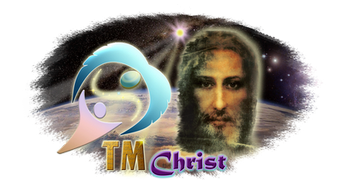The timeless and universal standard of the three core values of social sustainability requires that everyone be treated as being “equally valuable to the survival and sustainability of individuals, families and societies.” This means that poor people would treat rich people the same as they would treat their friends. This means that rich people would treat poor people as they would their friends.
There is something about these three values that are innate to our species — and every individual. They have been validated by history in so many cultures they have also become embedded into every religion and every culture and known as the “Golden Rule,” (Ref. Post #12). Basically it says, “Do to others as you would have them do to you.” This moral tenet is ultimately the positive response to the three Moral Imperatives, (Ref. Post #11). Treatment less than this is UNsustainable.
What was unknown when this moral tenet was proclaimed thousands of years ago is that it is founded on the self-evident values of social sustainability: quality of life, growth and equality. Every child knows that the Golden Rule applies to all people of all races, ethnicity, cultures, nationalities and genders for all time, universally, without exception. It is the moral reflection of the validity of the values of social sustainability. Today, those three values can be used universally for all people in all social circumstances to discern what is moral, and what is right, what works that supports social stability and sustainability and what fails to support social stability and peace.
Now, let us bring in the substance of what we spoke of in Posts 108 and 109. What are missing from the process of developing legislation are the input, preferences and choices of options by the public. While many topics of legislation are beyond the expertise of the public, there are huge swaths of public issues that are on the minds of most citizens, who wish to share in the development of those issues, but cannot. They cannot simply because the democratic process does not provide the means to do so. As input, town hall meetings and letters to local country and city, state and federal legislators are vastly insufficient to do so.
Citizens are locked out of developing public issues that affect the quality of their lives, their growth equally as moneyed special interest groups, powerfully funded lobbies and their corporations. The creative solution is to retain all of the working parts of the democratic process and create new social processes.
